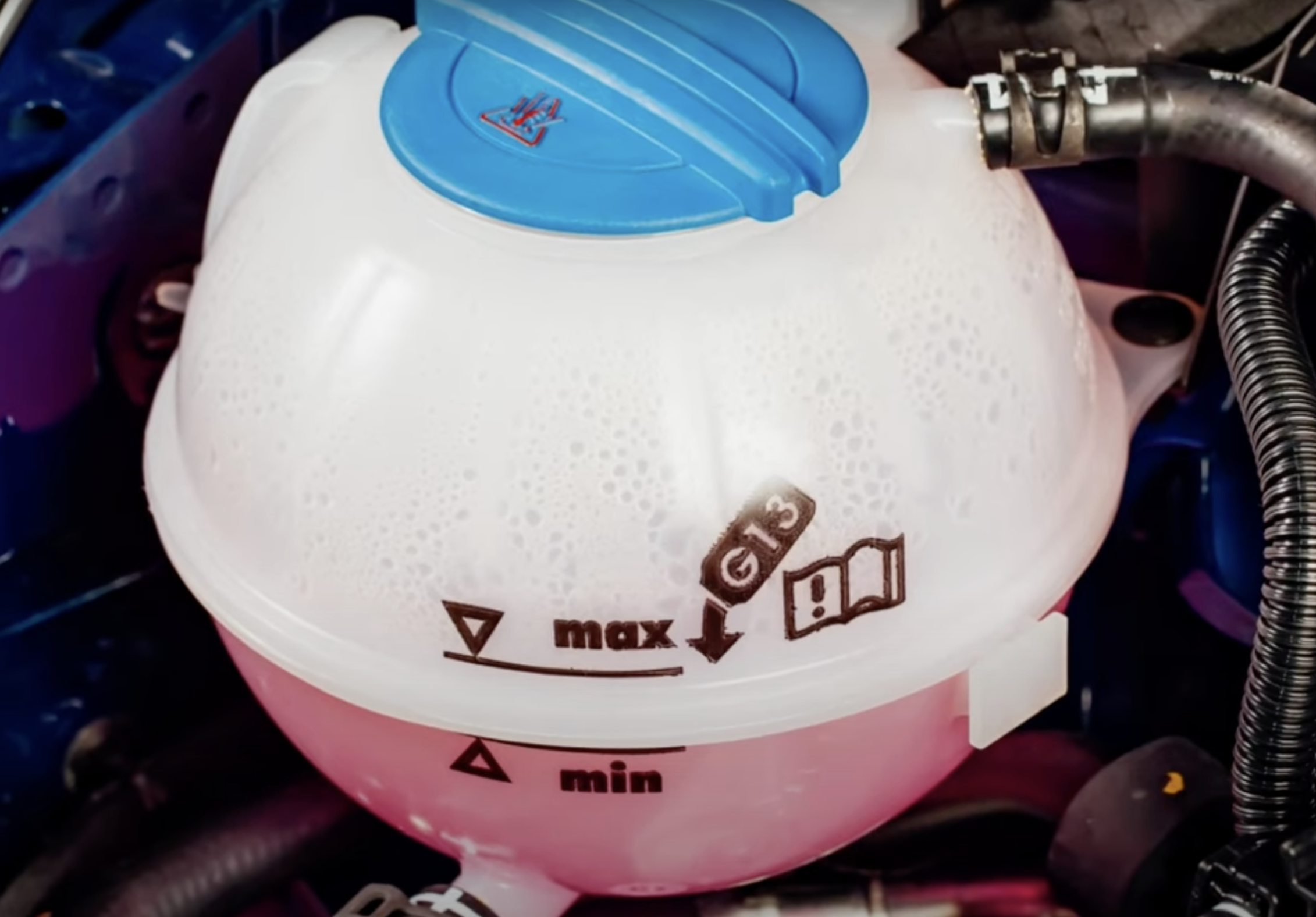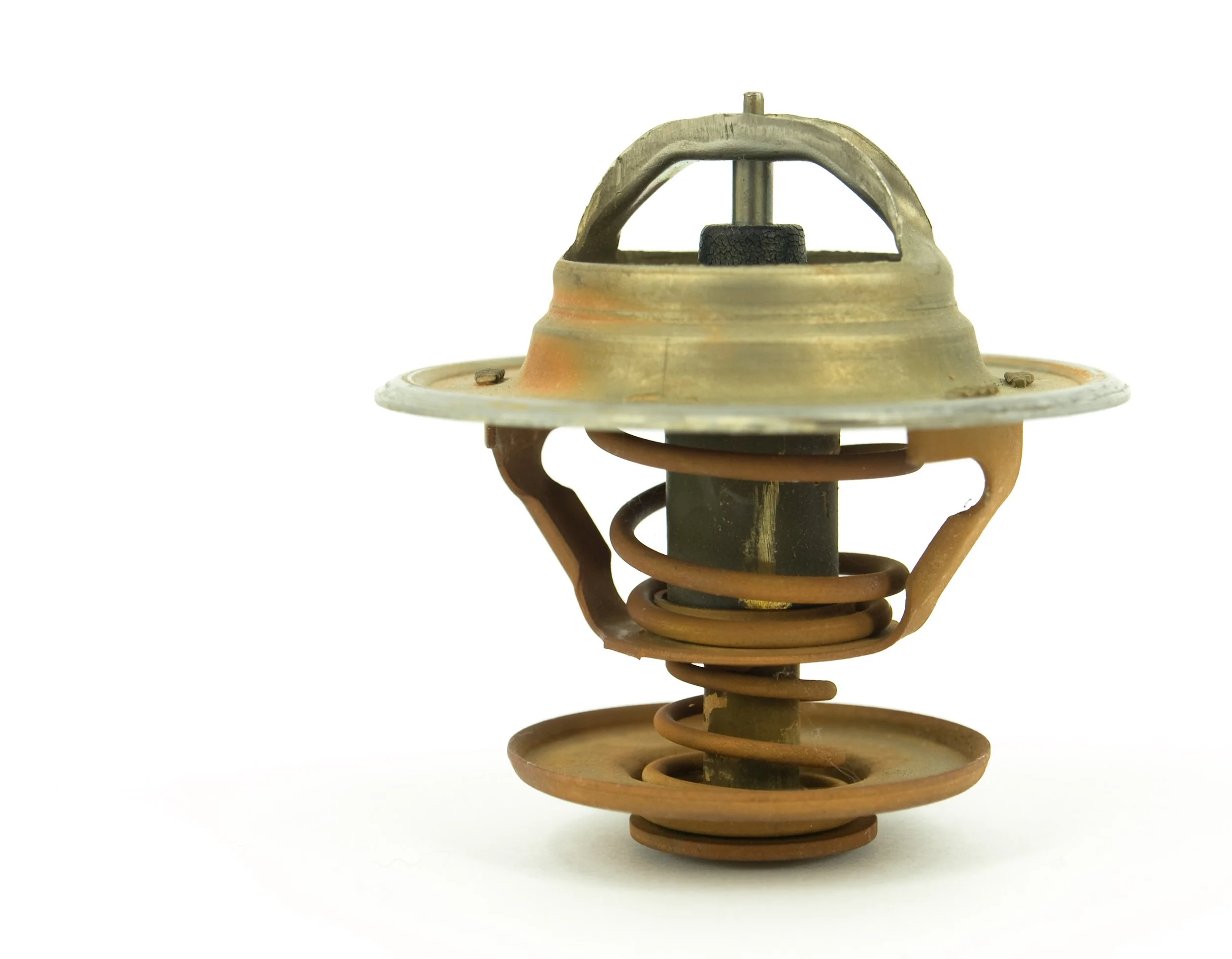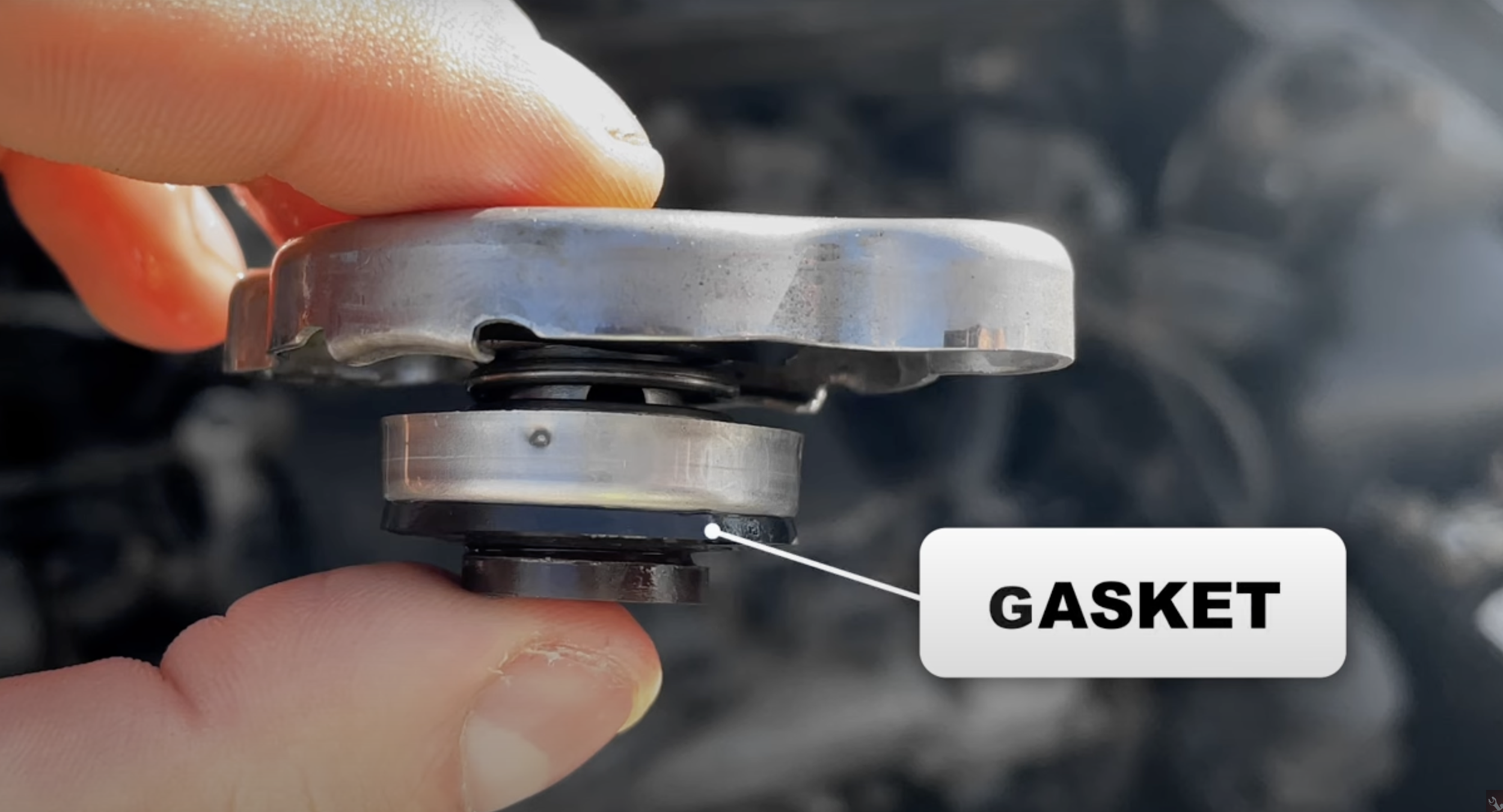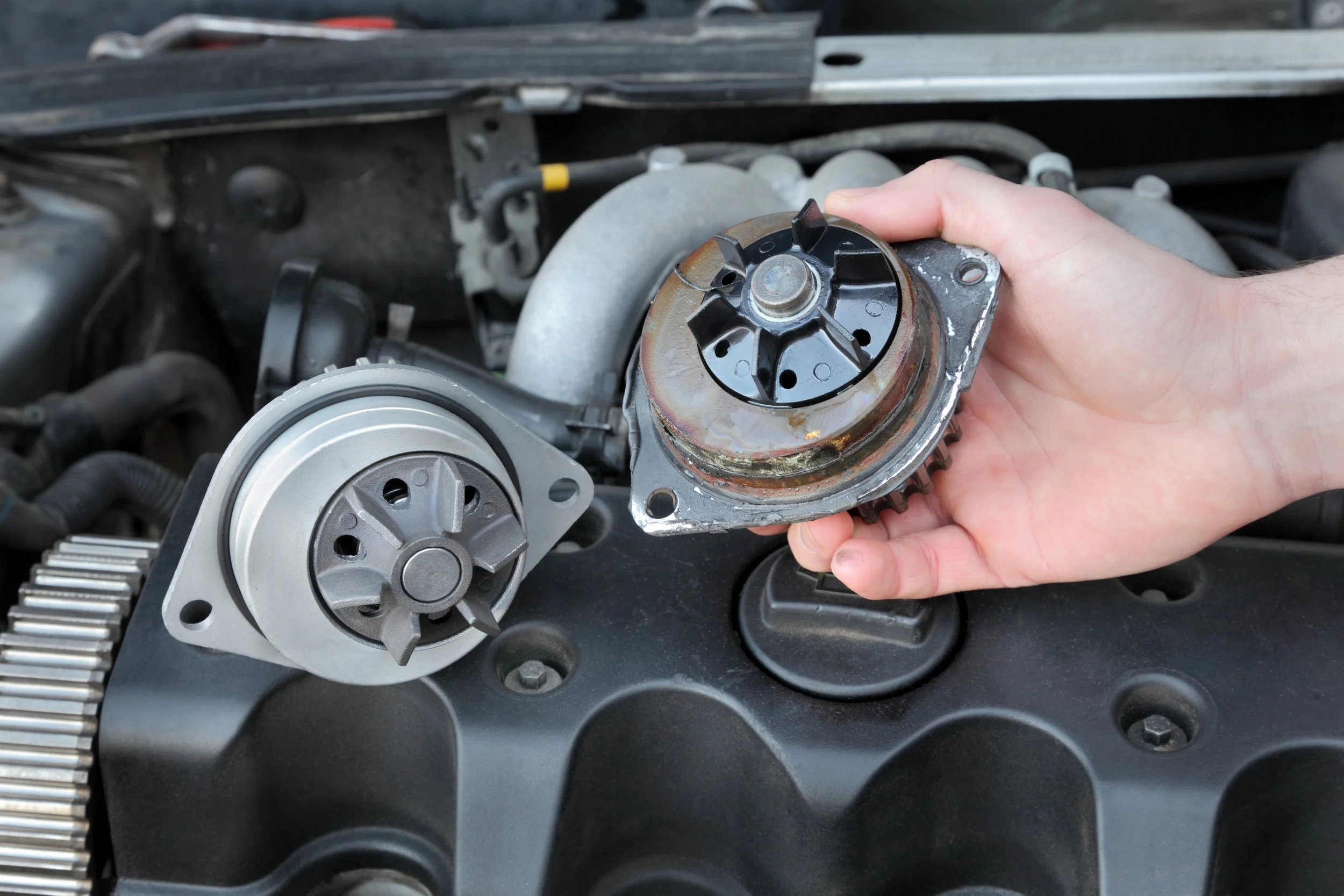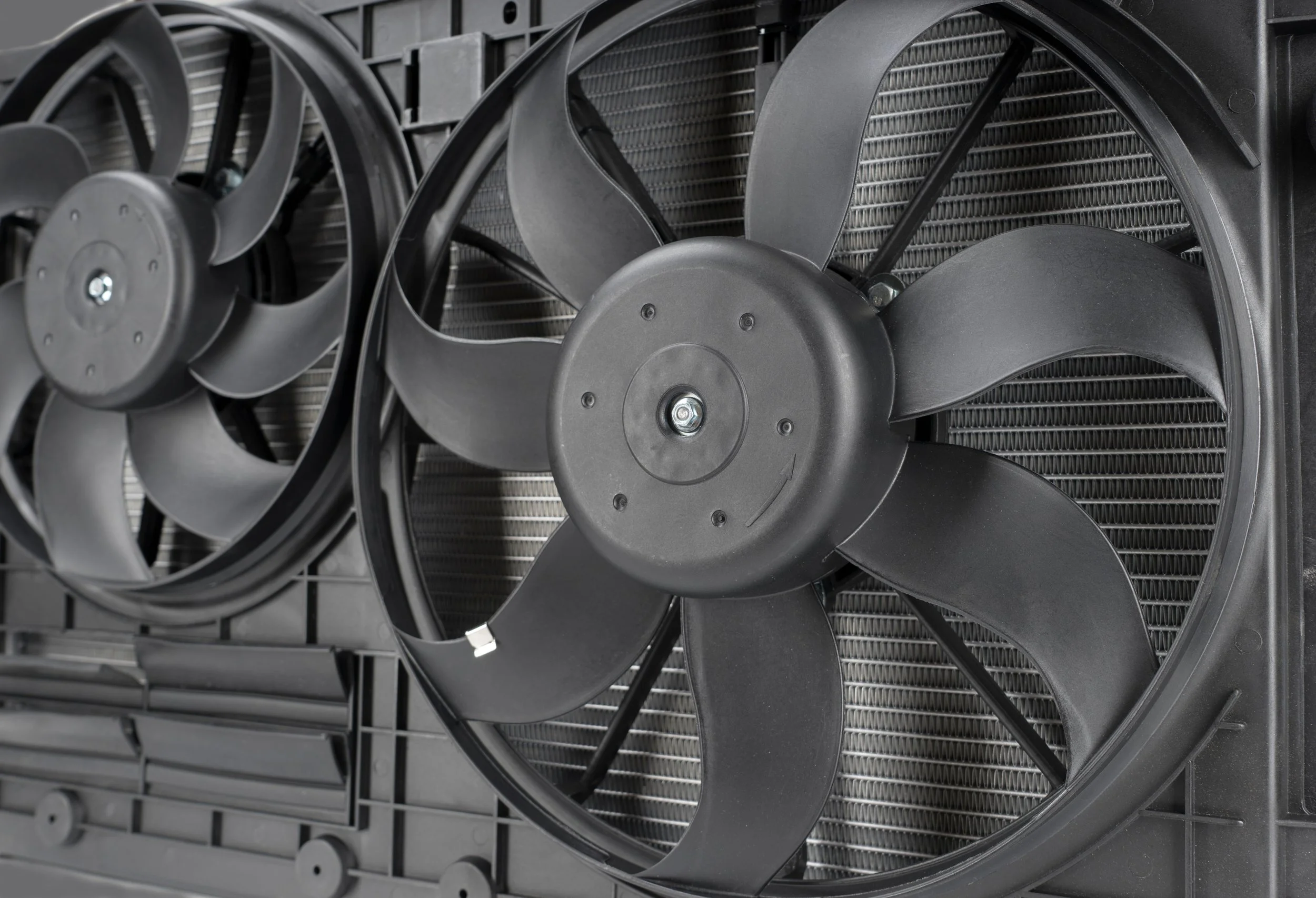Top Reasons Your Car Is Overheating
Do you see your temperature gauge on high or maybe you see smoke coming out of your engine? Unfortunately, these are the signs that your engine is overheating. This issue is very serious and should be taken care of immediately. So let’s go ahead and discuss possible causes of your car overheating.
The first step is to scan your car for any trouble codes. If you get any codes for a particular component, then evaluate it first. However, sometimes your engine may overheat without any trouble codes.
symptoms
Low Coolant
The first cause is your vehicle running low on coolant. For the cooling system to function properly, it's essential to maintain the coolant at the correct level. If you notice the coolant is low, refill it to the proper level. However, if it drops again within a few days or a week, you have a leak. This leak could either be internal or external. Here is a list of possibilities for an internal leak:
Torn head gasket
Torn intake manifold gasket
Cracked cylinder head
Cracked engine block
And here’s a list of possibilities for an external leak:
Any cooling system hoses
Heater core
Radiator
Water pump/water pump gasket
Thermostat housing/gasket
Radiator cap
Coolant expansion tank
THERMOSTAT
The second reason your engine could overheat is a stuck-closed thermostat. When the thermostat valve doesn't open, the coolant keeps circulating through the engine, unable to reach the radiator. The radiator’s job is to cool down the hot coolant. So, if the coolant is unable to reach the radiator, it will get very hot, and cause the engine to overheat.
Faulty Radiator Cap
The third cause of engine overheating is a faulty radiator cap. If the gasket on the radiator cap is torn, it allows air to enter the cooling system. Air pockets within the cooling system can lead to engine overheating. Also, a radiator cap that is stuck closed can cause excessive pressure buildup, resulting in leaks in the cooling system which leads to an overheating engine.
WATER PUMP
The next cause is a faulty water pump. A defective water pump will fail to circulate the coolant throughout the system to cool down the engine. If there’s no coolant flow then the coolant can’t circulate through the radiator to get cooled. This will lead to your engine overheating.
RADIATOR
The fifth cause of your engine overheating is a clogged radiator. If the radiator is clogged, it will prevent the coolant from flowing properly. If coolant can't pass through the radiator, it will never be able to cool down, increasing heat, to the point where your engine is overheating. If you want to save money, try flushing out the system before buying a new radiator. Also, if the fins are dirty, it can cause overheating by not allowing proper airflow to pass through and take away heat from the coolant. So make sure they're clean of debris.
RADIATOR FAN
The next reason is a faulty radiator fan. If the radiator fan isn’t working, it won’t be able to cool down the hot coolant in the radiator. This hot coolant then circulates back into the engine, raising the engine’s temperature, which causes it to overheat eventually. If you notice your overheating problem go away at high speeds, then this is most likely the problem since air flow to the radiator increases as you drive.
Low Oil
The last possibility that most people don’t think about is low oil. If you have nearly no oil in your vehicle your car will overheat due to metal-on-metal contact of moving parts. This creates friction, and friction creates heat, which could overheat your engine. It’s not very common but something to look into.
If you conclude that you want to fix the car yourself, I would recommend getting a repair manual here. You can use code “AD10VA” for 15% off one-year subscriptions for any US Order.
Check out my YouTube video!
Disclaimer: Some links in this article may be affiliate links.


